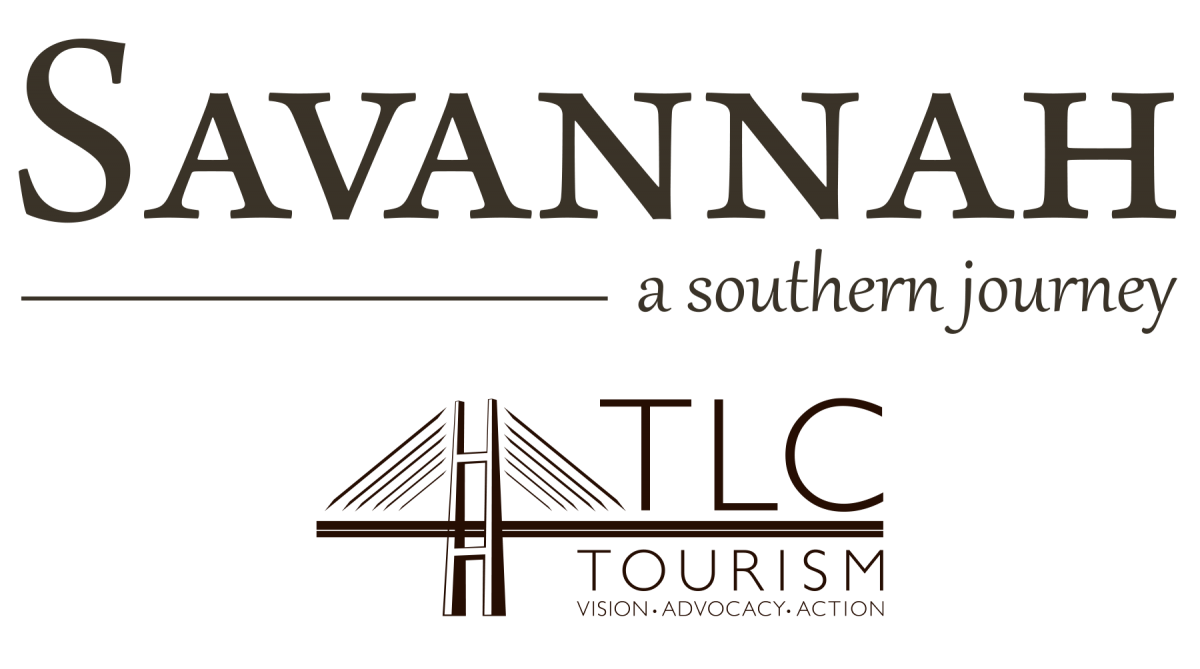Look around at the workers in this area, one in seven works in tourism. No other industry, next to the government, employs that many people in this market.
The tourism economy is big in this area, but made up predominately of small businesses trying to make ends meet. It isn’t always easy.
Consulting with tourism partners every day, I hear many concerns. “It’s slower than last year.” “Visitors aren’t spending.” “Taxes are too high.”
I believe our tourism market is recovering from the most recent economic downturn, but many are still struggling. So, some concerns are to be expected.
However, it is not a bad idea for all of us business people to look at our own problems as opportunities – to take a psychological approach.
There is much to be said about the psychology of business. I like Maslow. He was the guy who said, and I’m summing it up in my own words, master the basics and then reach out there to be the best you can be.
In essence, Maslow’s idea is that we need to build from the ground up starting with our basic needs before we can achieve our utmost.
When I started my first business at 7 years old selling plastic cups filled with coupons to my neighbors, my basic need was product. Once I collected some cups and coupons, my brother (9 years old) and I explained to our neighbors the needs these cups would meet and how much money they could save by giving us "just three quarters." Sales fell into place, but I failed to estimate how many cups I would need to make the profit to buy the cool new bike my brother and I were going to share. (The issues surrounding his idea of sharing are probably best left to a Dear Abby column...)
The basics weren't mastered. I would learn later in life that I should have started with a business plan. (My parents also wished I would have consulted them before going to the neighbors to become tiny titans of business in our cul-de-sac.)
For many small businesses, a solid business plan addresses the basics of what, where, who, how, and why. It’s the big picture. More specifically, a business plan may ask: What product can I offer not currently on the market? Can the market handle this product? What are the financial considerations?
After a business opens and sales start coming in, it’s easy to put that business plan on the shelf and never look at it again. Dust settles on it, and we get caught up in the day to day.
But, I think we could reach a higher state of self-actualization (as Maslow put it) if we look a little closer at what we’re doing, past the daily grind, and back to that big picture from our original business plan.
If you do this, you may find you need to tweak it. If your company has grown, you may need to re-write it. If your sales are stagnant, you may need to adapt to the changing market. If your competition is growing and you’re not, you may need to look at what they’re doing right and what you should be doing. If you’re not growing in the community, you may need to address the fact that you may not be investing in your community.
Get introspective and you may just find a way to increase your profit share or the ways in which you conduct business.
It is in this way that we can master the basics of our business, and eventually reach out there and become the most that we can be. For tourism, that means a series of strong, individual businesses that amass this $2.07 billion industry.
Looking within for Stronger Tourism
Date:
Tuesday, March 11, 2014


